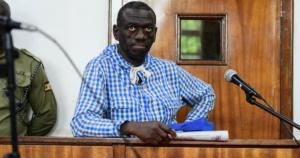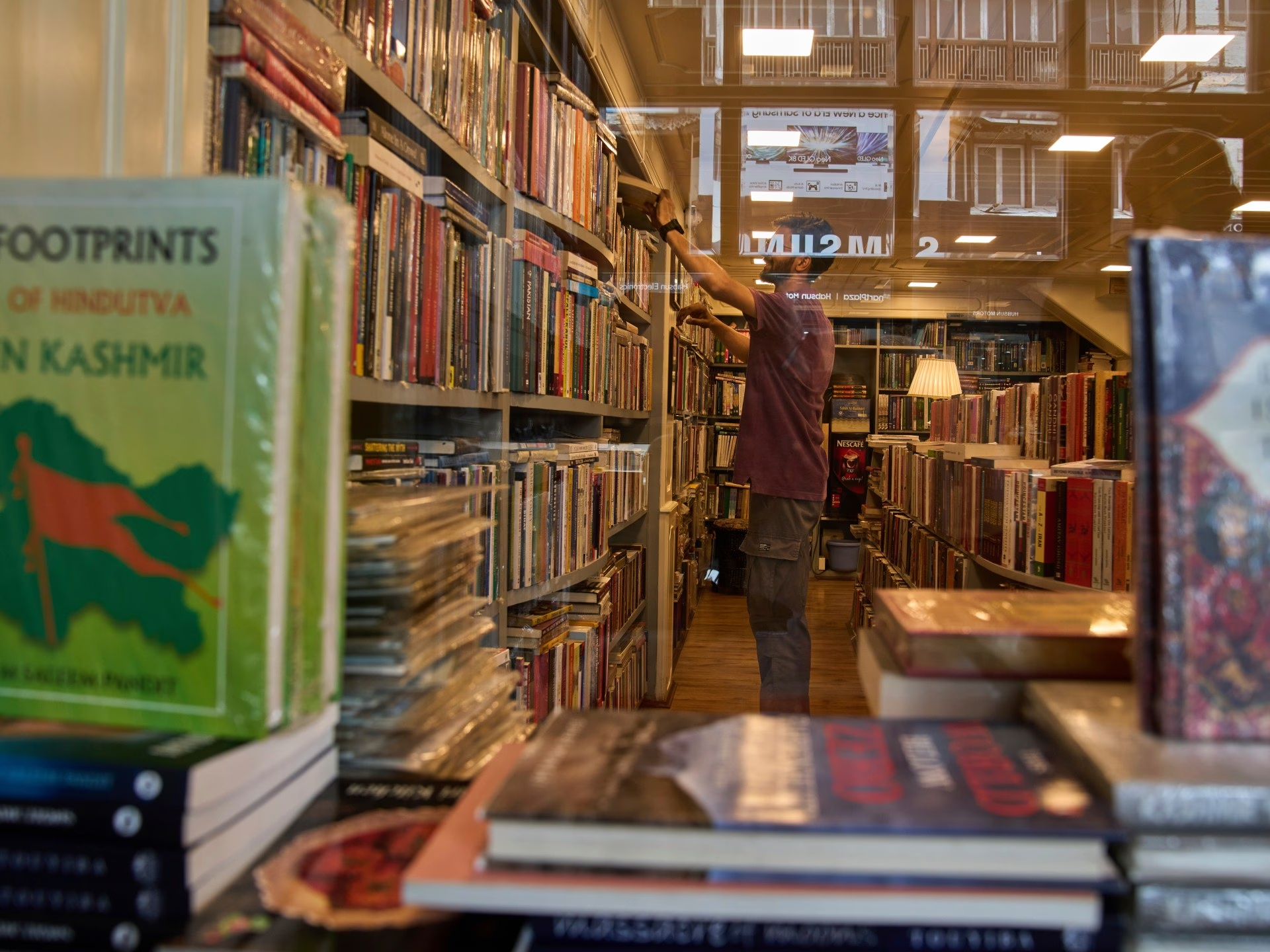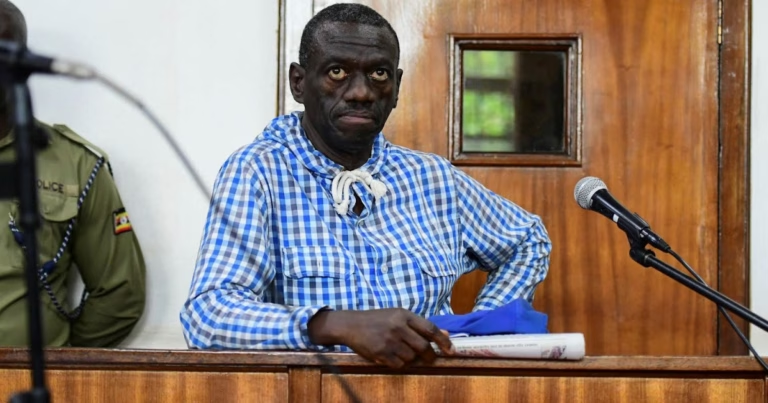In Srinagar, India-administered Kashmir, a recent ban on Hafsa Kanjwal’s book about Kashmir has stirred much irony. This ban is part of a broader crackdown by authorities, who have prohibited 25 works by acclaimed scholars, writers, and journalists. Despite the ban and subsequent police raids on several bookstores in Srinagar, the Indian government is hosting a book festival in the city, emphasizing a discordant stance on literary freedom and control.
Kanjwal, reflecting on the ban, observes that censorship and surveillance in Kashmir since 2019 have intensified significantly following India’s revocation of the region’s semiautonomous status. The banned books, including Kanjwal’s “Colonizing Kashmir: State-Building under Indian Occupation,” cover critical analyses and historical overviews of the Partition of India and the Kashmir dispute. The government claims these books “misguide youth” and fuel ideas of “violence and terrorism.”
The controversy highlights an ongoing struggle in Kashmir, where a call for self-determination and political freedom clashes with Indian government controls. Historian Sumantra Bose, whose “Kashmir at the Crossroads” is also banned, views the action as an illogical step, given his lifelong advocacy for peaceful resolution in Kashmir. The ban rekindles memories of colonial-era censorship, drawing a parallel between Subhas Chandra Bose’s struggle against British authority and the current resistance against Indian control.
The broader impact of such bans could inhibit future scholarly works on Kashmir. Publishers may become more cautious, potentially leading to an informed void on the subject. Meanwhile, students and researchers express deep concern, perceiving the ban as a form of collective amnesia—an attack on the region’s collective memory and its right to remember its own history.
Source: https://www.aljazeera.com/features/2025/8/9/attack-on-peoples-memory-kashmirs-book-ban-sparks-new-censorship-fears?traffic_source=rss






